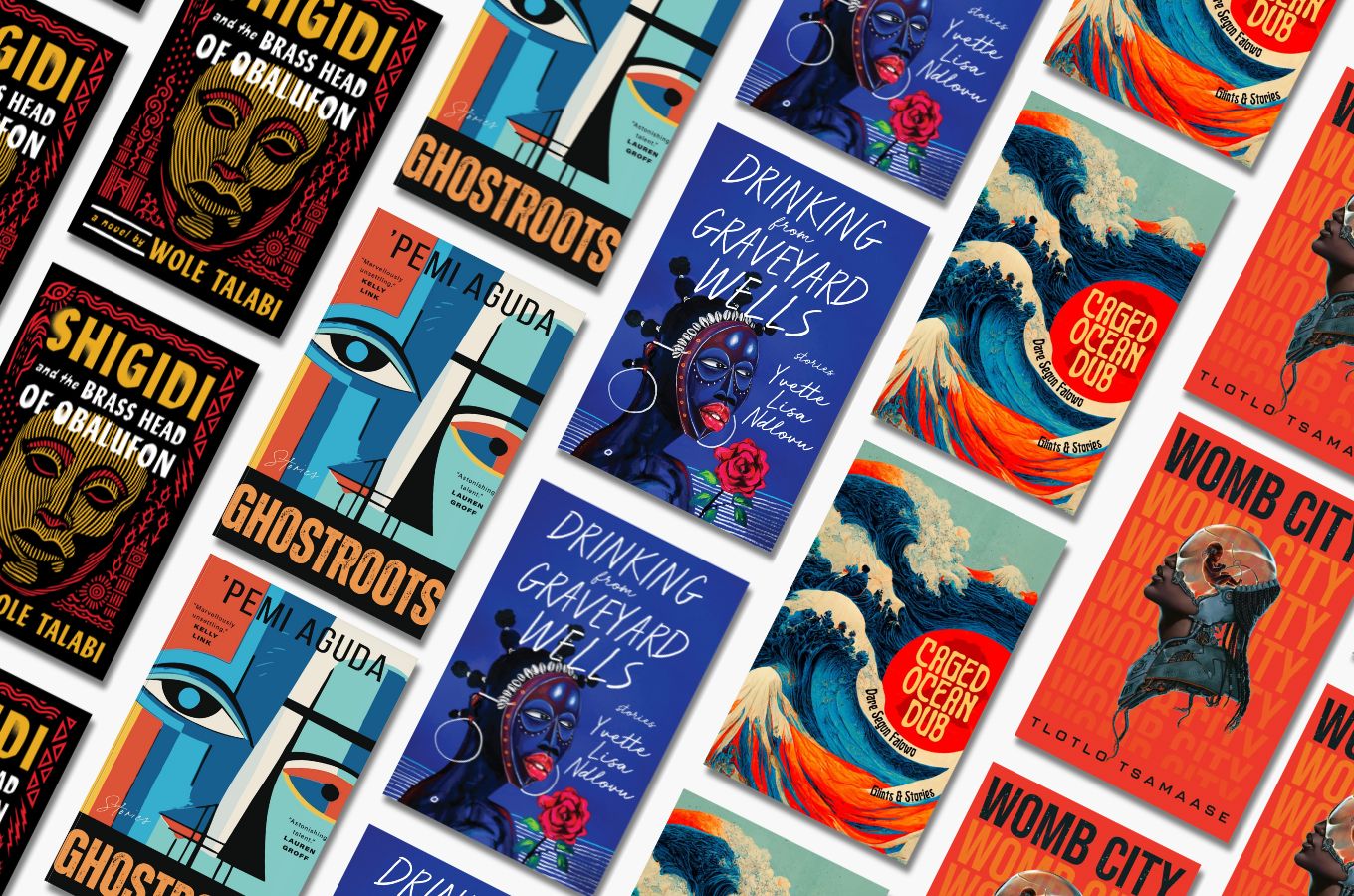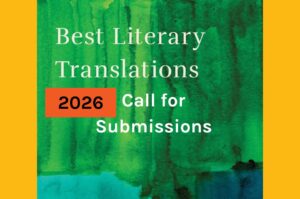
In African speculative fiction, mythical creatures and robots share the same story. The supernatural with the technological exist side by side, and the history of speculative has deep roots in oral traditions. Pidgin and indigenous languages are a key element of style. And Nigeria and South Africa are driving a lot of the growth we are seeing in the genre.
These are just a few of the interesting insights you’ll find in Wole Talabi’s recent article, “Motherland Dreaming: Notes on African Speculative Fiction from Past to Present,” published in Clarkesworld Magazine. [Read here.]
Talabi is a Nigerian engineer, writer, and editor. He is the author of the award-winning novel Shigidi And The Brass Head Of Obalufon. Talabi has been on the speculative fiction scene for a while, as well as being involved in the African Speculative Fiction Society. The Clarkesworld Magazine article comes out of data he has been gathering and monitoring for almost 10 years. In the essay, he looks at the characteristics of African speculative fiction and details the history of the genre from the early 1920s all the way up to today.
The article is definitely worth the read. We’ve pulled a few quotes to give you a taste.
On Speculative Fiction and Griots:
“African speculative fiction, in its truest sense, began with the griots, the storytellers, and the custodians of oral traditions. They narrated sacred tales that combined myth, history, and cosmology, enabling communities to make sense of their world. These stories weren’t just entertainment; they were vital tools for understanding the past, navigating the present, and shaping the future. The speculative element, whether it was in the form of spirits, gods, or mythical creatures, was an intrinsic part of these narratives.”
On Challenging the Natural/Supernatural Binary:
“In African speculative fiction, there is a seamless coexistence of the natural and the supernatural. It’s not unusual to see a narrative where spirits converse with robots, or mythical monsters share space with aliens. This reflects the syncretic nature of many African cultures, where natural philosophy isn’t separated from the broader philosophical outlook. Our stories, therefore, challenge the binaries often seen in Western speculative fiction by presenting a more integrated worldview.”
On Gender Trends:
Most African SFF appears to be multi-genre (or split equally between fantasy and SF), short form, and male, even though some of the most well-known and acclaimed work of African SFF has come from women and nonbinary authors.
On The Future of the Genre:
African publishers…are beginning to recognize the genre’s potential. Collaborative writing projects are also on the rise, bringing together diverse voices to create stories that resonate across the continent and beyond.
Closing out the article, Talabi gives a list of contemporary African speculative writing. If you want to read more about the histories, statistics, and trends of African Speculative Fiction, read the article here.









COMMENTS -
Reader Interactions